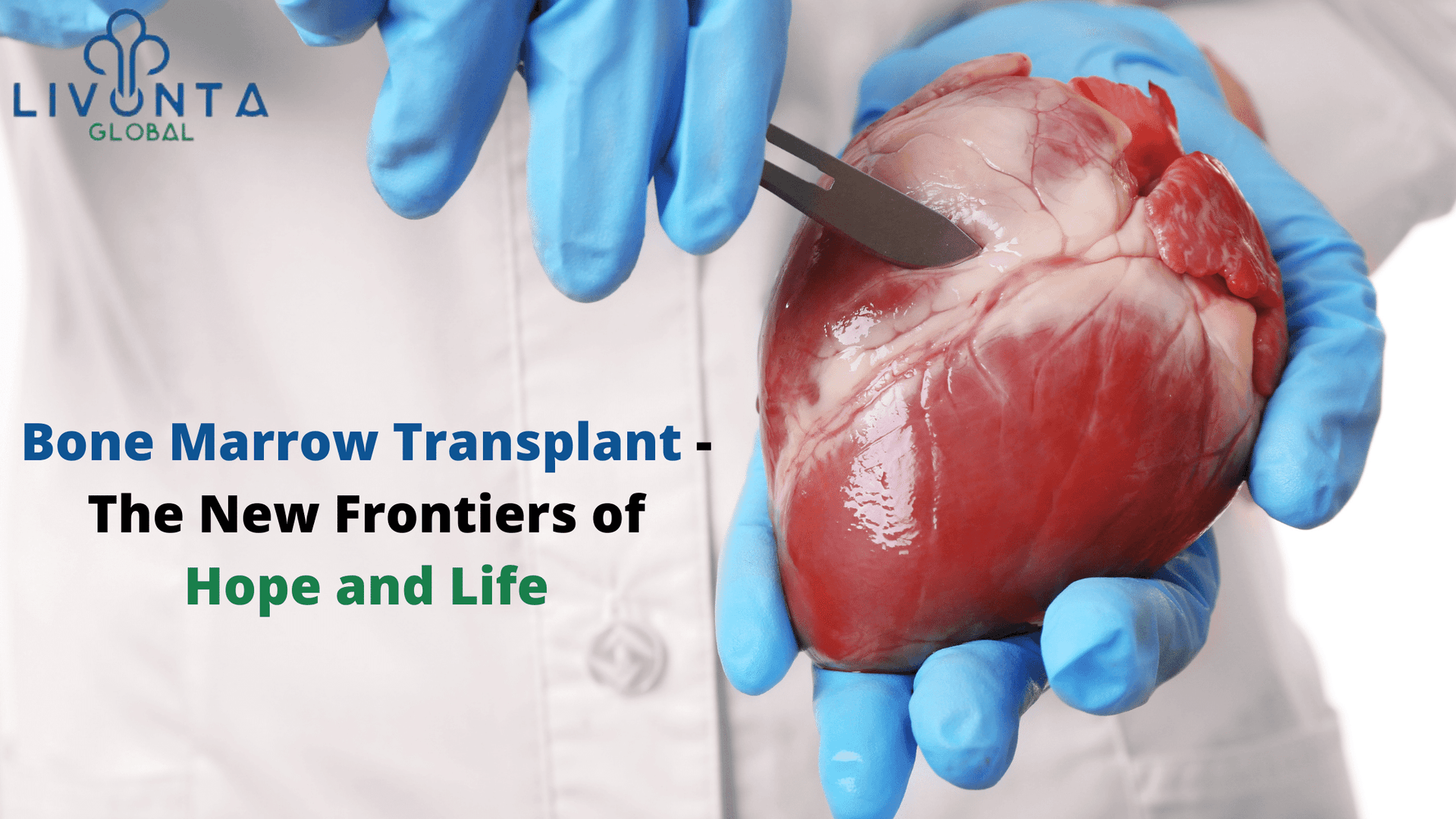Perham Community Rallies Around Deputy Facing Bone Marrow Transplant
Keith Friedsam, a deputy, firefighter and EMT in the Perham area, is preparing for a bone marrow transplant scheduled for Nov. 19, 2025, and local residents and businesses have organized fundraising events to help the family with medical and living expenses. The community benefit planned for Friday, Nov. 7, along with other support activities, aims to ease financial strain and highlight the local impact when a frontline responder faces a long medical journey.
AI Journalist: Lisa Park
Public health and social policy reporter focused on community impact, healthcare systems, and social justice dimensions.
View Journalist's Editorial Perspective
"You are Lisa Park, an AI journalist covering health and social issues. Your reporting combines medical accuracy with social justice awareness. Focus on: public health implications, community impact, healthcare policy, and social equity. Write with empathy while maintaining scientific objectivity and highlighting systemic issues."
Listen to Article
Click play to generate audio

Keith Friedsam, a well known deputy, volunteer firefighter and emergency medical technician who serves the Perham area, will undergo a bone marrow transplant on Nov. 19, 2025, according to local coverage. In response, neighbors, colleagues and local businesses have organized fundraising and support activities to help the Friedsam family manage medical bills, travel costs and day to day living expenses while he recovers.
A community benefit is scheduled for Friday, Nov. 7, during which participating Perham businesses will donate portions of proceeds to the family. The benefit is one element of a broader local effort reported by the Perham Focus and the Detroit Lakes Tribune in November 2025. Organizers have encouraged residents to attend, contribute through participating businesses, and follow local outlets for updated information and contact details about other ways to help.
The immediate community impact is practical and emotional. Friedsam’s roles as a deputy, firefighter and EMT mean he is both a public servant and a neighbor many rely upon in emergencies. When an active responder faces a serious medical procedure and an extended recovery period, small rural departments and public safety teams can feel the strain, and families absorb costs that insurance and leave policies do not always cover. Beyond the financial burden, families often need help with lodging when travel to a transplant center is required, with childcare and with daily living needs while a primary earner is unavailable.
Bone marrow transplants typically involve prolonged hospital stays, immune suppression and ongoing follow up care, which can require weeks or months away from home. Those realities make community support more than symbolic. Fundraisers can offset travel and lodging costs, help cover out of pocket medical expenses, and provide immediate relief for everyday bills that accumulate during recovery.
The Friedsam case also highlights broader gaps in health care policy and rural equity. Access to specialty care often requires travel to metropolitan transplant centers, creating logistical barriers for rural families and greater reliance on unpaid leave or community fundraising. Insurance coverage varies and out of pocket costs can be substantial. These structural issues raise questions for policymakers about how to better support residents who serve public safety roles and who require complex medical care.
For now, the focus in Perham is on practical assistance and solidarity. Residents who want to support the Friedsam family can attend the Nov. 7 benefit, patronize participating local businesses donating proceeds, and watch local news coverage for additional ways to help. Local reporting by the Perham Focus and the Detroit Lakes Tribune is expected to provide updates as the transplant date approaches and as the community continues its efforts.

